How to educate in values
How to educate in values at school and at home
Analysing how to educate in values is becoming increasingly important. Educational institutions are fundamental for children and teenagers to acquire a series of technical knowledge, which will be fundamental for their adult life, however, education is not complete without the part of teaching that focuses on the importance of values, emotions and behaviour.
At Fontenebro International School we include the teaching of values in our educational programmes. Furthermore, at our school we work to foster a climate that reinforces honesty, resilience, responsibility, teamwork, creativity, empathy and rigour, all of which are fundamental values at our school.
What is values education?
The concept of values education refers to the importance of teaching moral and civic issues, with the aim of developing responsible citizens.
Values education is a continuous process, which begins at home and is reinforced at school. It is essential for a developing child to perceive that his or her decisions have consequences, to know and correctly apply the values present in our society will be decisive for his or her future, and it is during this stage, when they have to learn to put these skills into practice.
As far as the academic environment is concerned, it is important that schools get involved in the education in values of our students. In the case of Fontenebro International School, our commitment is not based exclusively on a list of values; we create an environment in which, on an ongoing basis, pupils and teachers put into practice attitudes based on respect, collaboration, honesty and rigour.
The principles of values education
When we talk about how to educate in values, we cannot remain with a general idea that is not put into practice on a daily basis. Each school is free to insist on specific values, but at Fontenebro International School we create a suitable environment to put into practice the values on
which we base our teaching, based on the following principles:
- Our pupils develop a critical spirit, which will enable them to become responsible adults, free from prejudice.
- All our pupils start from an environment based on equality, in which the particular abilities of each one of them are encouraged.
- Collaboration and teamwork is very important in our daily life. Pupils at our school learn the importance of developing their skills in collaboration with others.
- Respect for others is key. From the earliest years our pupils develop values related to empathy and caring for others.
- Respect for the natural environment is also a value we insist on in our school. It is more important than ever that present generations know the importance of caring for the environment.
- Responsibility as one of the key values is also very present in our classrooms. As mentioned above, our students learn that their actions have consequences, and therefore they are responsible for their own future.
- Language as a value in itself is also important in our classrooms. At Fontenebro International School we insist on the importance of language learning as a means of communication which will be very beneficial for their future.
- Creativity is also a value on which we continually insist. A child must develop his or her full potential on a daily basis, and our teachers allow pupils to be creative and to follow different paths, depending on their tastes and abilities.
Values education at home
Educating in values is a joint task, the participation of the family is fundamental in this aspect, as it will be this environment that will offer real examples related to the putting into practice of values.
Each family adopts a series of values, however, there are certain behaviours that we can say are common to our society. That a child perceives these values at home is fundamental for his or her future. Talking to them about friendship, tolerance or respect for diversity is a very important part of their education, what they learn at home will be what they put into practice when they make decisions during their adult life, which is why education in values has a basic reinforcement in the family.
Emotional development and values
Pupils at our school are educated in three basic aspects: academically, emotionally and in terms of personal values.
Emotional development is closely related to learning values. An emotionally developed child or adolescent will be a person capable of putting personal values into practice, which will have a positive effect both personally and on the people around them. In this sense, our curricula also insist on the importance of developing appropriate emotional skills, which are later transformed into values.
We want our students to be critical, to be aware of their environment and themselves, to take care of the environment and their own health, to face challenges with resilience and to respect others. Emotional development during their formative years will allow us to transmit these skills to them, which will be maintained in their adult life.
The most complete education at Fontenebro International School
At our school we apply active teaching methodologies, which encourage student participation. This educational process not only allows students to assimilate syllabuses and technical concepts, but also favours the putting into practice of values, based on emotional learning.
Both the use of new technologies in the classroom and the learning of languages allow us to transmit values related to creativity and tolerance, which will be decisive in their future. At bilingual school madrid we offer our pupils the perfect teaching space for their development, a place where putting values into practice is important and is carried out on a daily basis.



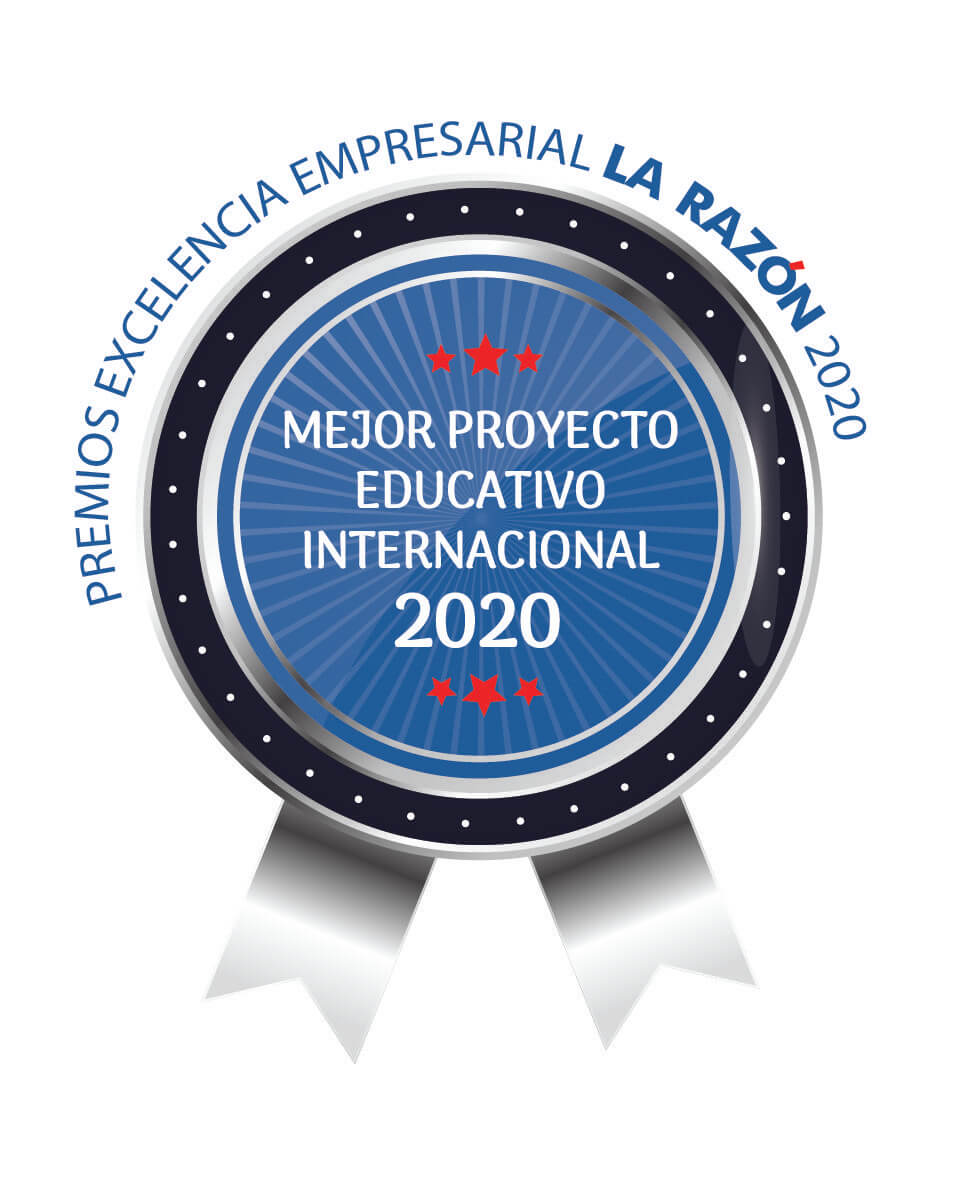

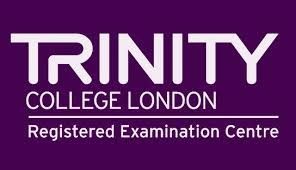

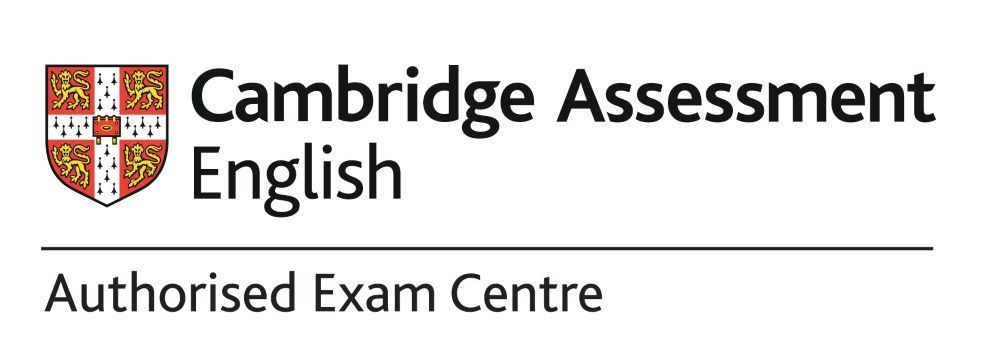
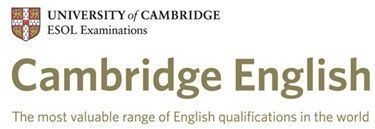



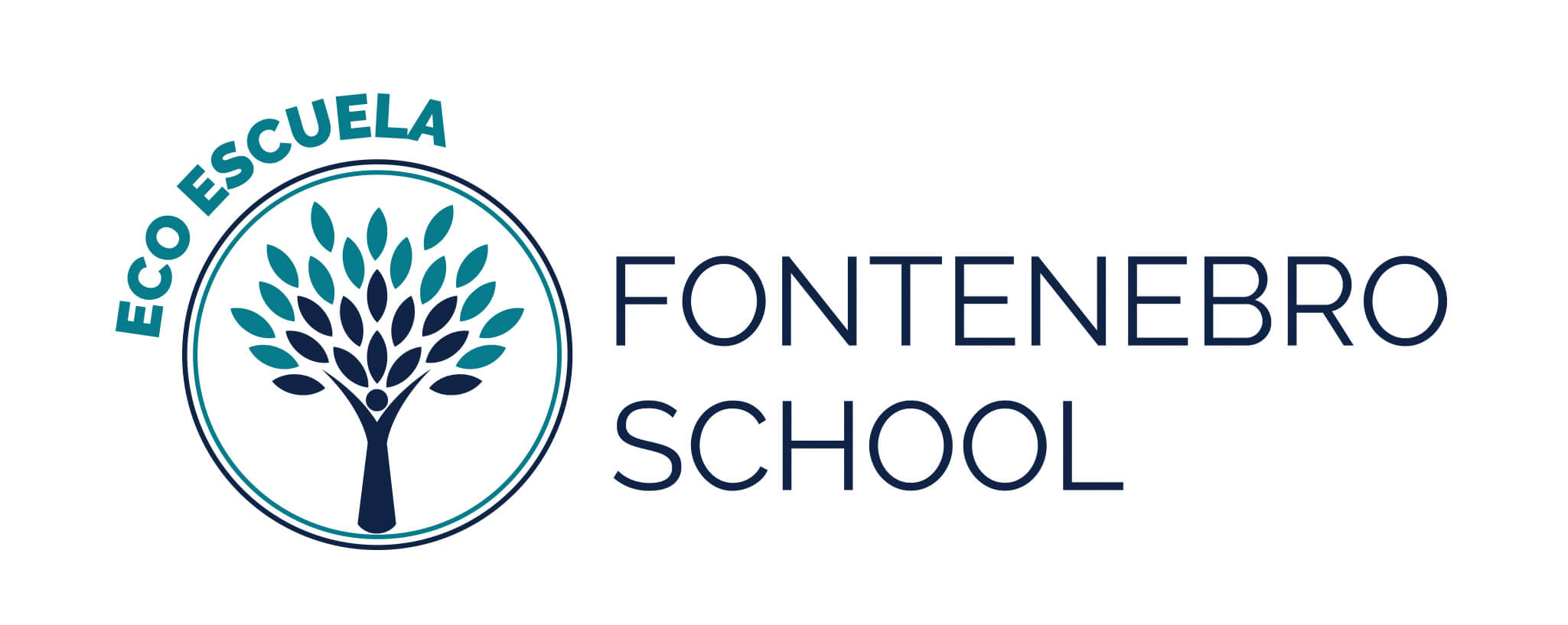
![BAPParentLogo[5]](https://fontenebroschool.com/wp-content/uploads/2020/09/BAPParentLogo5.png)


